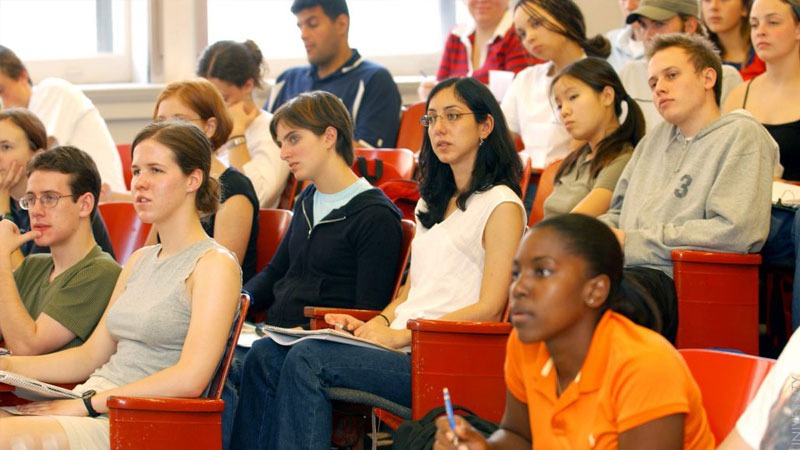
Teaching gender equality through education
It is distressing to acknowledge the fact that gender equality is a dream difficult to achieve even today when women have already conquered areas beyond earth. Horrific news of crimes detailing rapes and assaults is the proof of how, long protests, pleadings, and court cases have failed to put an end to these horrendous agonies. Gender equality in India is going to be an unachievable dream unless there is an underlying empathy and love for humanity instilled in every human. What can bring a change or what should be done to create a world with no gender bias, racism, or communalism?
If the answer is education, then what should be the change that must be brought in the education system which can show our future generation a world, where all are equal? Before bringing in a curriculum that emphasizes the importance of gender equality in India, the educationists must focus on the ways of eliminating the root cause of this pervasive gender inequality in India.
While many may debate on the short and long-term solutions such as reforming the laws, supporting women movements or developing a new accountability system, the root cause of gender disparity in India is the deeply engraved patriarchal norms. This article briefs about a success story of an organization that successfully fought against the so-called patriarchal norms to carve out a bright future for their female students.
Reforming education for gender equality in India

The deeply engraved patriarchal norms are the toughest challenge that can make gender equality in India a distant dream. Not only does this make it difficult for policymakers and bureaucrats to tackle, but the societal acceptance of these norms are also worryingly frightening. However, upending these gender norms is the only way to have a sustainable long-term solution for gender equality in India. Because reforming laws or police actions might be an insufficient intervention if the acceptance of the norms are deeply rooted in society.
Education is the best platform that can help redefine gender norms. Multiple instances of education-driven standards redressal establish the significance of a sound education system in eradicating age-old gender biases. A good education system that addresses the necessity of gender equality during the formative years of a child can influence the way the child views and perceives the world. Decade long academic researches on these educational reforms have developed several education theories and practices. Educationists who love to seek gender reforms must go through Jack Mezirow’s Field of transformative learning and Paulo Freire’s Field of critical pedagogy. The crux of transformative learning is; encouraging the learners to critically reflect on their beliefs and assumptions, and implement the plans that can redefine their new world. Overall, supporting critical and rational learning is the only way to reform deep feelings.
NGOs and their achievements
A UP based NGO, “Study Hall Foundation” is an excellent example of how an educational institution can help their students overcome societal norms and empower the girls to excel in fields they are interested in. Prerna, one of the institutions run by this foundation, encourages their young students to fight societal norms that force their peers to get married early, by staging protests and cajoling discourses; and, finally convincing their parents to keep them in schools. Prerna also holds discussions that make women and girls aware of the violence and motivates them to be more vocal about it. Educational scholarships also help the girls to pursue higher educations and follow their dreams.
Mrs Sahni, the founder of Study Hall Foundation, accords the success of Prerna to her students, who consistently talk about their worth, value and gender issues just like any other subjects in their school. Prerna’s gender equality classes is an exceptional addition to their government curriculum and the reason that makes it stand apart from its peers. Modern education in India must take a cue from this initiative and should formulate a curriculum that includes gender equality class as a specific subject.
Find More About : Enhancing The Literacy Rate In India
